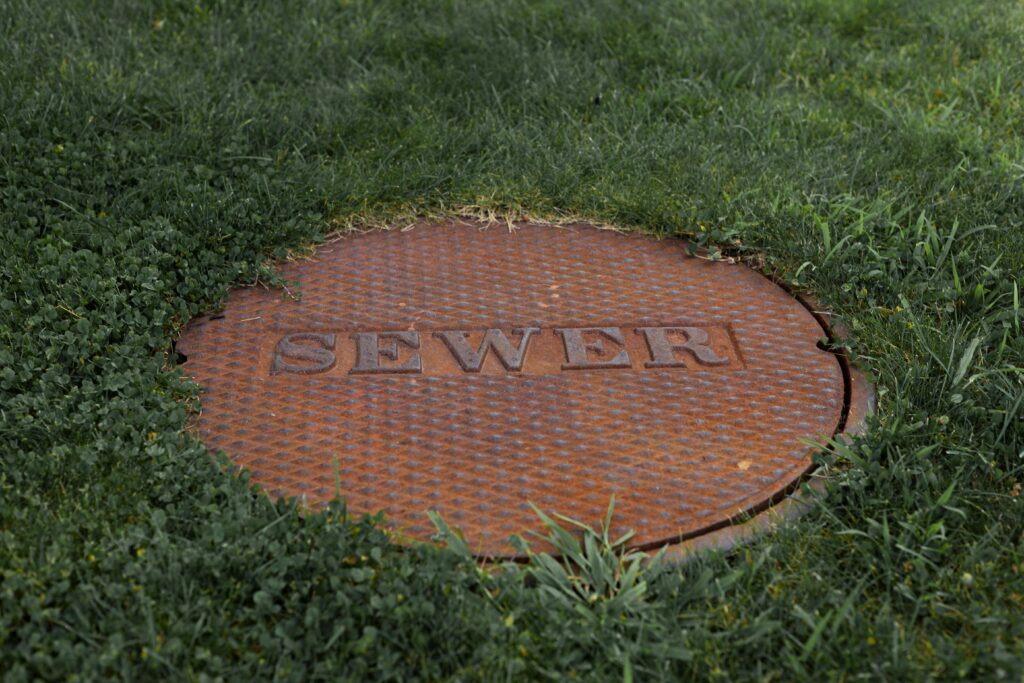It’s that time of year again – rats are coming in from the cold to spend the winter in your warm house with all that lovely food around. It’s worth reading up about rats to know how to keep them out, because it is easier to exclude them than to evict them.
Here’s some of the questions we’re often asked about rats
DO RATS HIBERNATE IN WINTER?
No. They move into whatever shelter they can find in the winter and carry on with their normal lives – scavenging food, breeding and gnawing to keep their eternally-growing teeth at a manageable length. That means they are fully awake and alert in winter, making it more difficult to evict them from your home.

So be more vigilant at this time of year. Don’t let them have easy access, and be alert for any signs that they have managed to get inside – clusters of small dark poop pellets, greasy smears where they have brushed against a surface, gnaw marks. If you suspect rats, call us. Better to evict them immediately before two rats become a resident dynasty of rats.
TIP: Grass, weeds and debris provides cover for rats to hide while they watch for ways to get in, so keep the outside edges of your house weeded and tidy.
TIP: Rats can squeeze in through gaps as small as 15mm; seal around waste pipe exits, mend cracks in rendering and make sure drain gratings are unbroken and securely fastened.
ARE RATS NOCTURNAL?
Yes! Rats have poor eyesight, relying on their touch-sensitive whiskers and their sense of smell to bring them information about the world around them. In addition, their hearing covers a far wider range than humans or even dogs – up into the ultrasound range – and they are excellent at detecting precisely where those sounds originate.

Hearing, touch and smell works just as well in the dark as the daylight, so rats avoid their keener sighted predators by being active between dusk and dawn. That’s the time when you aren’t likely to accidentally disturb a rat that has found some food in your house, and they know it.
TIP: Don’t leave food out overnight (including pet food);
- Put leftovers into sealed containers in the fridge or freezer.
- Bag up food waste and shut it in the food waste bin.
- Wash up before going to bed, or rinse the dishes and saucepans and shut them in the dishwasher overnight.
DOES A CORNERED RAT REALLY LEAP AT YOUR FACE?
Well, perhaps it doesn’t aim at your face, but at the chance to escape via the clear space over your shoulder. Rats can leap an amazing distance for their size – a metre vertically and a little more horizontally, far enough to reach a crouching human’s face. Don’t deliberately corner a rat. Because… do you really want to try to grab it? They’re fast and their bite is vicious and toxic. Call us – let us deal with them.
TIP: Don’t leave your wheely bin next to the house; rats can leap and scramble onto it and use it as a platform to access higher windows or gaps under roof-tiles of ground-floor extensions.

DO RATS LIVE IN DRAINS?
Drains and sewers are dark, moist and free of their most effective predators like owls, cats and weasels – Rat Heaven, basically. Rats thrive in sewers and use drainage systems as transport networks – they’re excellent climbers and can climb up the inside of the drainpipe. From there, it’s just a short scramble into the building itself and suddenly you have a resident rat. Not a nice thought.
TIP: Rats hate strong smells, so putting bleach into the toilet bowl and peppermint or vinegar scented material near drain access points will discourage them. Secure grates on outside drain hubs will deny them an easy route from drain to drainpipe.
WHY DO WE STILL HAVE RATS IN THE HOUSE?
Why didn’t we get rid of the rats on our first visit?
Rats are highly intelligent and very aware of any slight changes in their surroundings – when we set traps for them, they know this is new and understand that it means danger. They will avoid the traps for several days while they assess how to get the bait food safely.
In addition, some poisons are no longer effective. Pest controllers are finding that rats are rapidly developing resistance to poisons that used to work, restricting our options even further.
Personally, we prefer to trap rodents rather than use poison. Although we make absolutely sure any poison is inaccessible to people and pets, it’s still a toxic substance left in your home and that’s something we’d rather avoid. Plus, if we trap a rat, we know for certain that we’ve removed it from your home.
Trust us. The rats may dodge us at first, but we will keep working until they have been removed.

